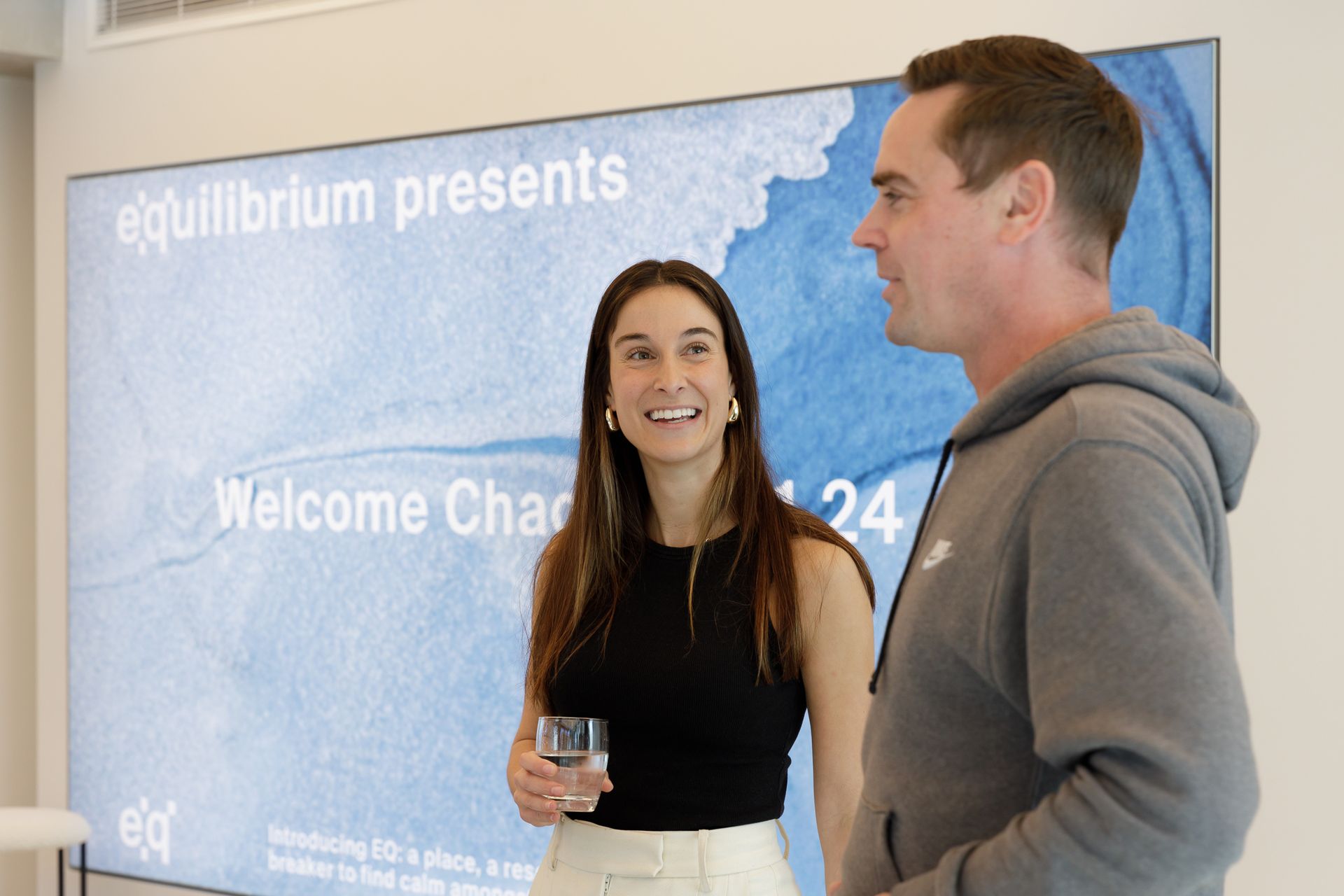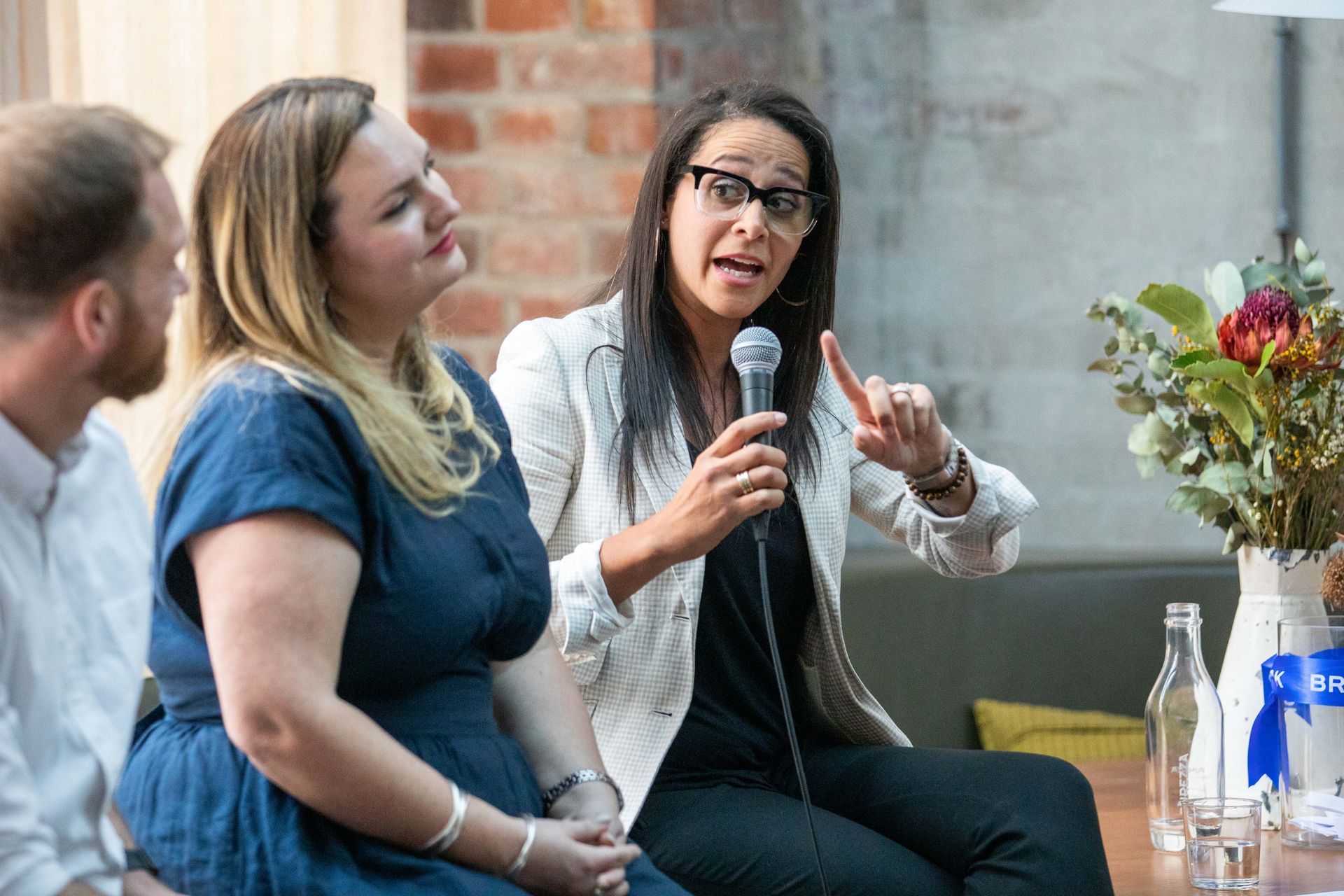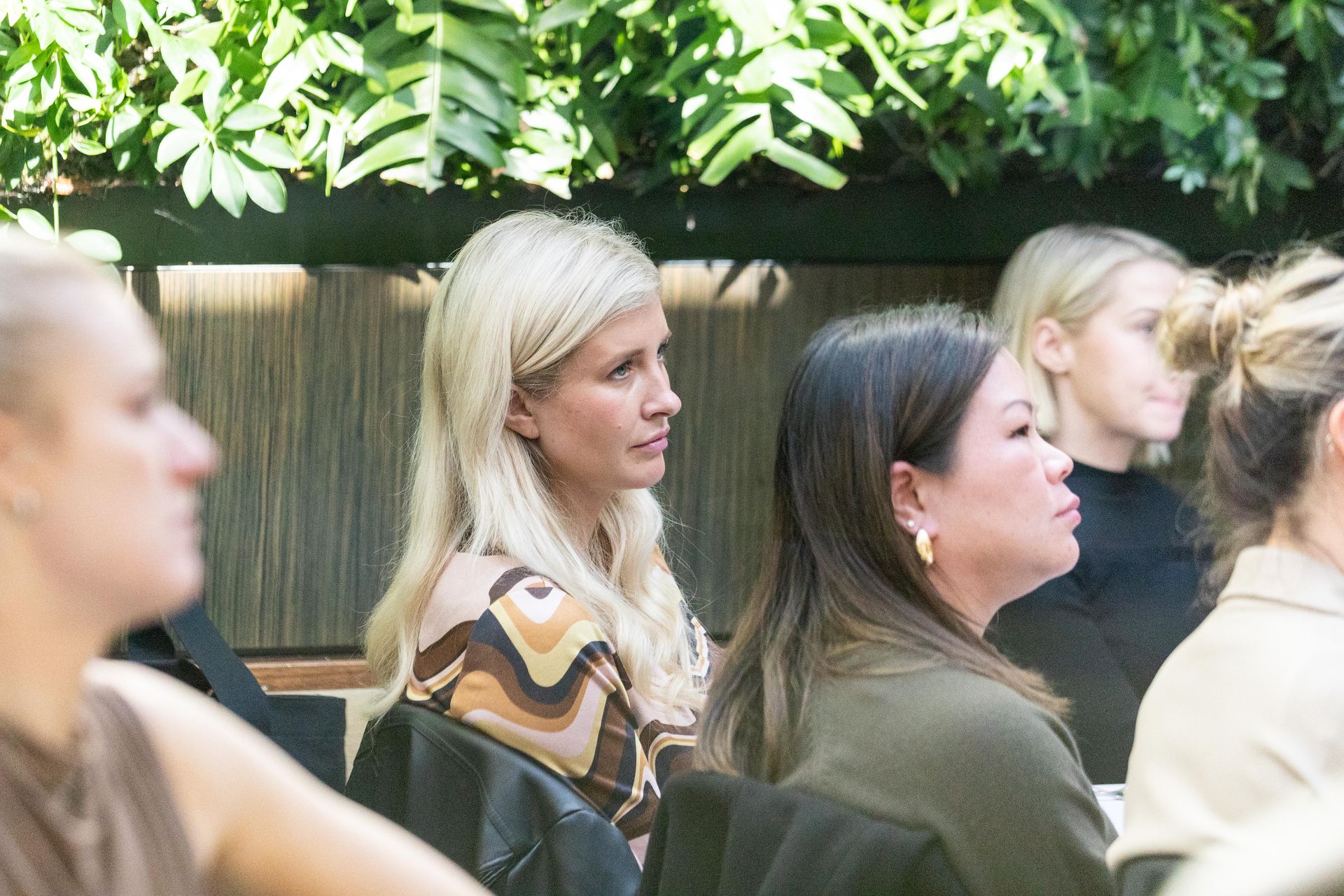At BROOK Recruitment, we’re passionate about partnering with industry leaders like Julia Strangio-McRae and Emmaline Parry from Mirrored Horizons to bring fresh insights and strategies in the HR space. With a focus on workplace culture and alignment, Mirrored Horizons helps Australian businesses get the best from their teams by shifting mindsets and practices.
In this article, they break down common myths about workplace culture and share practical tools to help businesses create environments that are connected, productive, and set up for success. As your trusted recruitment partner, we’re excited to share these valuable insights to support you in building thriving, high-performing teams.
What is “workplace culture”?
What are the myths surrounding culture that are limiting your business potential?
You’re a business owner or leader with pure and good intentions. You aim to inspire and engage your employees to deliver superior outcomes for your business. You are busy working in the business and decide to create a budget for ‘health and wellness’ for your employees. You decide to spend part of your budget on organising yoga classes every Tuesday morning. Alas, weeks pass, and you are left wondering why your employees aren’t operating at their best. You are giving them free yoga classes after all right?!
Mirrored Horizons, home to Alignment Consultants educating Australian Business’s on how even with the best intentions, businesses can be left scratching their heads and exclaiming “what more do they want!!” when hosting their monthly wine and cheese evenings believing this will build the high performance, psychologically safe workplace culture they desire.
Too many businesses fundamentally believe that by checking the well-being box by offering mindfulness training or yoga classes qualifies them as having a positive, safe and highly productive workplace culture when in fact they may be being branded by their employees as falling victim to “carewashing.” Carewashing is derived from whitewashing and explores the theory that a business is covering up or putting a misleading spin on a failure to meet some commitment, stated claim, or standard. (Havard Business Review; How “Carewashing” Alienates Employees by Maren Gube, Cynthia Mathieu, and Debra Sabatini Hennelly).
This outlines what MH has garnered over our time in relation to business’s perception of culture and how the smallest elements can have the biggest impact.
A 2024 Gallup survey indicates that the percentage of employees who strongly agree that their organization cares about their overall well-being has plunged from 49% in 2020 to 21% in 2024.
So, what are businesses missing when it comes to understanding workplace culture? Firstly, they are making the dated assumption that workplace culture is defined by the nice to haves or the offerings that a business makes to their employees. This myth has been busted through Mirrored Horizons extensive case studies and research and as such, culture is well defined by Mirrored Horizons as “it is the systems, processes and structure, it’s your leadership and how they behave and how they interact with all stakeholders; it is how things are done within your business.”
Mirrored Horizons is here to let you in on the secrets to building workplace culture whilst busting some myths that continue to inhibit Australian businesses today.
Myth One: “Culture is owned and driven by one person/one team”
We still wince when we receive the dreaded response to the question “who is responsible for your workplace culture?” throughout our presentations to professionals. The answers come flying in and they are often a combination of the following: “the owner of the business”, “Human Resources”, “Our P&C team” etc. Our response is always one person cannot be responsible for a culture made up of 200 plus employees. The answer to the question is culture is everyone’s responsibility!! When businesses embrace that everyone contributes to building culture and therefore has a responsibility to contribute to it, it becomes a buy in process where individuals become connected to enhance the place they work.
Myth Two: “Culture is a tick and flick exercise”
Culture is an evolution, and it will exist despite your decision to give it attention or not. We are often surprised by businesses who consider all facets of their business in a strategic planning day whilst omitting strategic discussions on culture. Culture is a living organism; it is continuously evolving as employees join and exit the business. People, businesses, and teams are constantly changing because of their environment, and so too is the work required to maintain a healthy workplace culture.
Myth Three: “Culture isn’t linked to profitability”
Companies with high employee engagement and a positive work culture are 23% more profitable (Havard Business Review).
It is the businesses who recognise that people are powerful when looking to increase their profit margins that understand the value of a positive workplace culture. When businesses begin to embrace each person for who they are, they can unlock their full potential.
All too often we encounter businesses that have high employee turnover as they believe replacing a person or over resourcing is the best option to deal with an issue or a deficiency. Instead, businesses would ideally invest their time, resources, and money into further developing those individuals both personally and professionally. Whilst people are replaceable being too blaze with applying this approach to People Management can lead to greater issues.
Consider If you had spent $150k on software, would you just replace it at the first sign of an issue? Or would you explore the different solutions that perhaps meant additional training that could help you get more out of the software? The same goes for the people who make up your team or business. You get out, what you put in!
It is through these myths being busted that we can ask the question what do Australian business have to do in the current economic climate to reach their full potential when it comes to their culture?
Embrace new practices designed to empower their people. For some time, businesses have been using practices that were designed following the industrial revolution. Every facet of business has evolved over time, so the question remains, why are people management practices that support a positive workplace culture lagging the evolution in most areas of business that is led by their people? Mirrored Horizons has researched and implemented an Alignment Toolkit with products that are designed to evolve these dated practices to have a positive impact on engagement in the workplace across Australian businesses.
Mirrored Horizons Alignment Toolkit that is embedded by our consultants within businesses during their engagement are all designed with the following key principles that have been proven to achieve more successful outcomes.
1. Positive psychology
2. Coaching methodology
3. Adult education principles
4. Cognitive digestibility
We have extensively researched and designed tools founded in these components to increase alignment through providing clarity to individuals (employees, managers, and leaders) in the workplace.
Australian workplaces have an opportunity to consciously enhance and curate their business culture harnessing the insights learned from their teams’ collective experiences; and embracing sharing the responsibility of culture. As we head into the final months of the year, this time gives businesses the space to reflect on the years performance and what factors are enhancing or detracting from the results you have achieved this year.
The question to ask is, will you curate a culture that both you and your employees are proud to be a part of, one of genuine connection, care, and empowerment that produces an engaged, productive, profitable and successful business for the future or are you going to keep doing what you have always done and leave it all to chance?
Its time to decide the legacy you want to leave behind in your business and consider how you will influence lives through your leadership to create a business culture that realises your true business potential.











